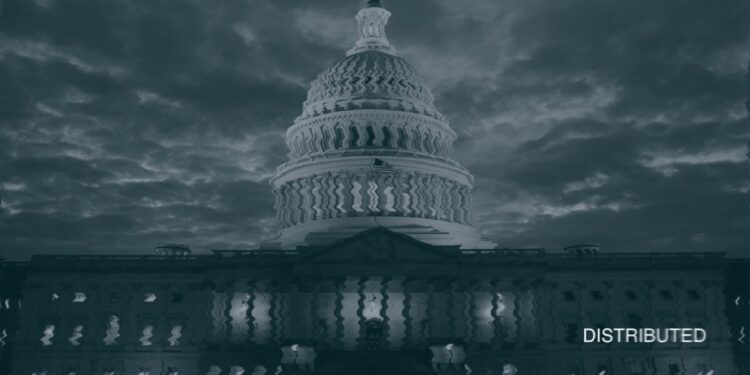- The bill has bipartisan support, passing the Senate Banking Committee with an 18-6 vote.
- It aims to establish a federal regulatory framework for stablecoin issuers and ensure foreign entities follow equivalent standards.
After years of stalled progress, the U.S. Senate has taken a major step toward regulating stablecoins, digital assets tied to fiat currency. This could become Congress’s first significant foray into crypto legislation.
The move raises the stakes for digital asset firms and signals that lawmakers may finally be ready to impose regulations on one of the fastest-growing corners of the crypto market.
According to Coindesk report, Senate Majority Leader John Thune initiated the fast-track process for the Guiding and Establishing National Innovation for U.S. Stablecoins (GENIUS) Act, setting the stage for a floor vote.
Though no date has been confirmed, the bill reportedly passed the Senate Banking Committee with an 18-6 bipartisan vote, indicating broad political support. The House of Representatives, where a similar bill advanced through committee in April, is expected to follow suit soon.
See Related: US Treasury Wants Global Regulation On Cryptocurrency While Progressing Development On Its CBDC
The GENIUS Act aims to create a regulatory framework for stablecoin issuers, compelling them to comply with federal standards and ensuring that foreign entities operate under equivalent rules. If passed, it would provide legal clarity for a sector that has grown rapidly yet operates in a legal gray zone.
Regulating Stablecoins
The bill also enjoys the backing of Senator Tim Scott, chairman of the Senate Banking Committee, further enhancing its bipartisan credentials. Lawmakers from both chambers are working to align the Senate and House versions of the bill, which are reportedly 90% similar.
Bo Hines, a key crypto adviser to Donald Trump and executive director of the Presidential Council of Advisers for Digital Assets, confirmed that talks are ongoing to iron out the remaining differences.
While past attempts to regulate the crypto sector have largely stalled amid political gridlock and jurisdictional disputes, the current push reflects growing urgency to bring digital dollars under federal oversight.
Whether the GENIUS Act becomes law could depend on how quickly both chambers can reconcile their versions and how the broader political climate evolves.



